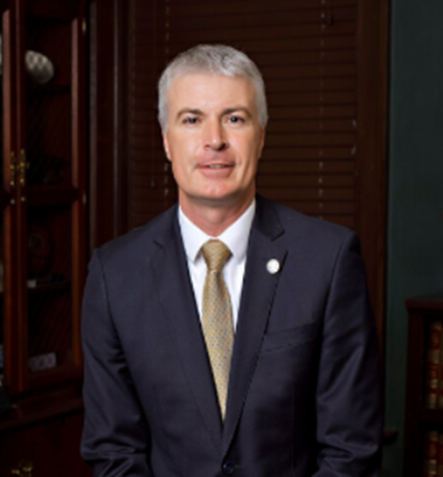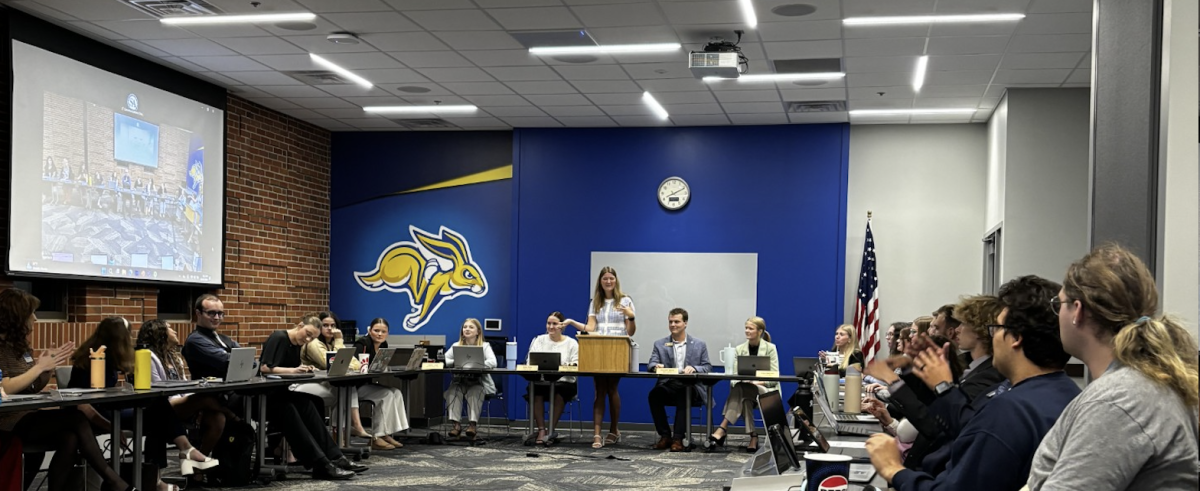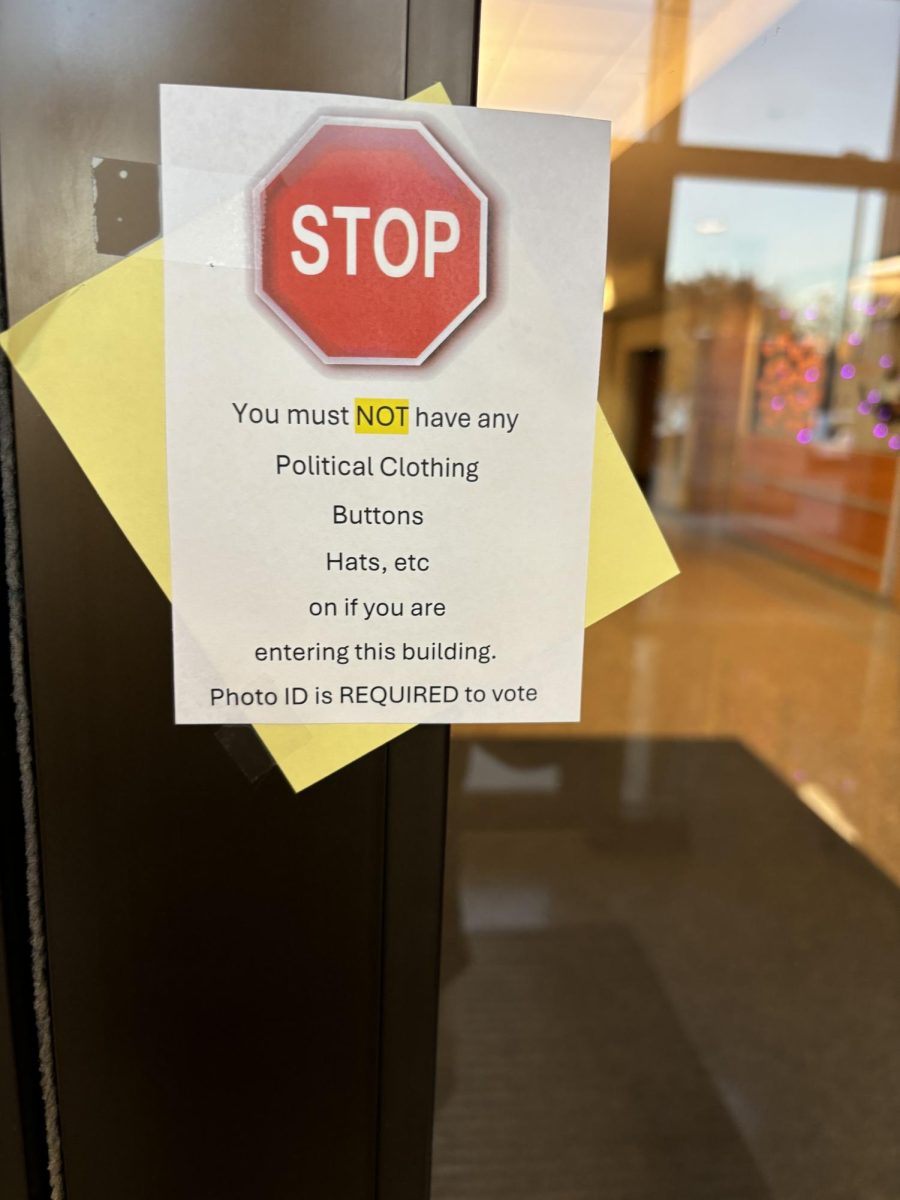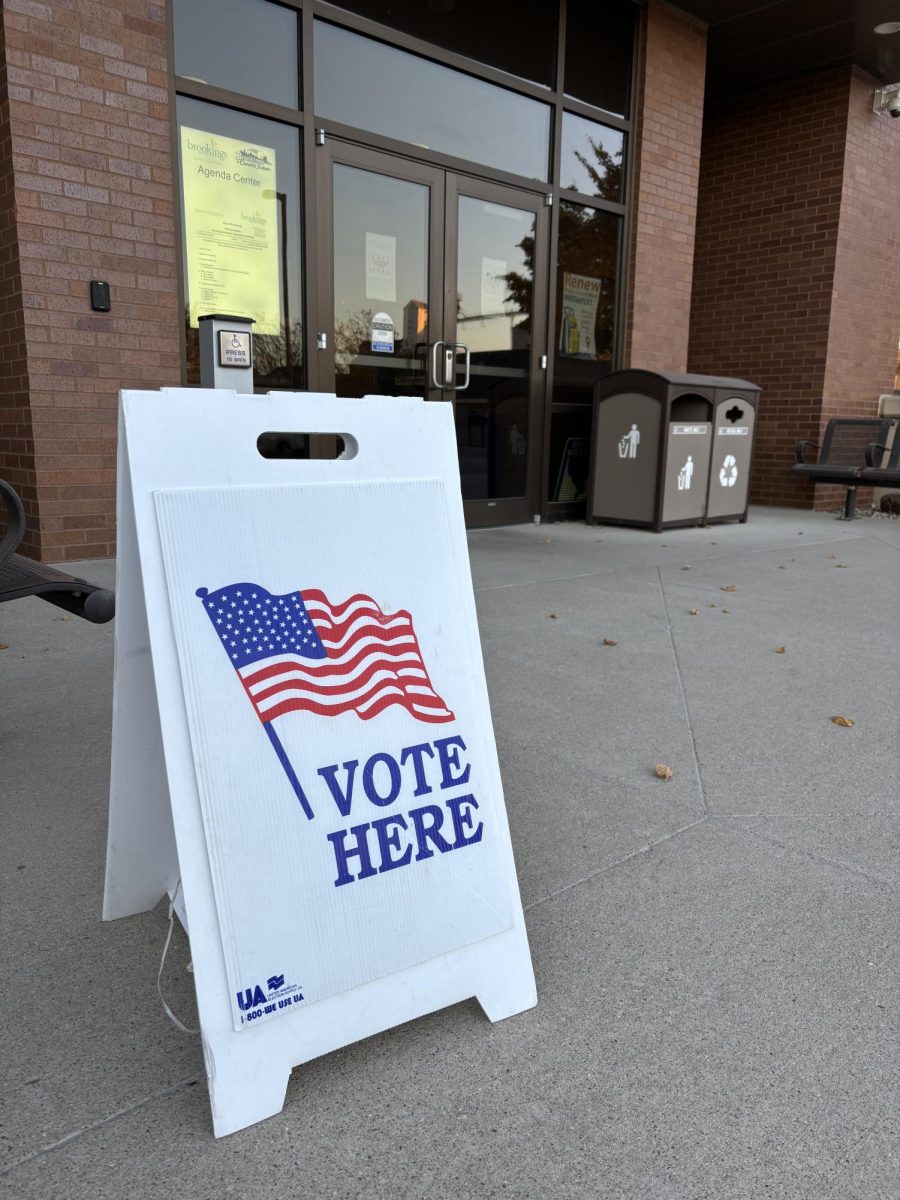Stagnant grants shift SI, tutoring funding
January 11, 2017
Starting this semester, the Supplemental Instruction (SI) Program will be funded through the University College instead of the TRiO Programs. This change is due to dormant education grants that funded TRiO Student Support Services (SSS) in the past.
This shift in funding has caused a stir in student voice, resulting in a Students’ Association resolution supporting the SI Program and tutoring on campus.
The SI programs, which are group-oriented tutoring sessions for underclassman courses with higher failure rates, are receiving student utilization and are not at risk of being cut from funding. The Wintrode Tutoring Program and the TRiO SSS Tutoring Program are both unaffected by these changes.
This shift in funding, however, is due to nearly no increase in federal grants in the last dozen years from the U.S. Department of Education, according to SI Coordinator Linde Murray.
“Federally-funded grant programs have received no increase of funding in many years, which makes it impossible to continue to operate at previous levels when expenses – minimum wage, for example – continue to increase on a yearly basis,” Murray said. “SDSU values the SI Program, and so the Academic Affairs office and University College are doing what we can to continue the program.”
While the SI Program is still receiving student participation, the TRiO program also reviews and analyzes its programs to determine which are having more or less impact on the student body. The last review showed that SI was not being “utilized in significant numbers” by those who participated, according to Vice President of Student Affairs Michaela Willis.
“TRiO was no longer able to financially support the program through existing funds in addition to other programs and services that participants were utilizing with a significantly higher frequency,” Willis said. “The flat funding of TRiO grants has a significant impact on this decision.”
Despite this shift in funding, TRiO will continue to be involved with the SI program and will continue to place, administer, train and supervise SI sections that they are requested to, according to TRiO Program Director Jeffrey Vostad. The rest will be taken care of by the University College.
“TRiO [is] not removing itself from the SI program, we are being forced to hand over the funding end of our sections, [which] we fund half right now, to University College,” Vostad said.
In response to this shift in funding, Students’ Association has passed a resolution that expresses student support for the SI Program, as well as tutoring programs around campus. This resolution will not fund the program but instead aims to raise awareness to its current financial state.
According to SA Sen. Alexandra Farber, SA is not directly funding these programs unless there is “much [more] discussion and further legislative action.”
Farber initiated this resolution because she believed students were vocal about SI and tutoring being instrumental programs to early success at SDSU.
SA stepping forward on this issue has been a positive light for student academics to Willis.
“Having this support from our student leadership is important as we look for other opportunities to fund the program and sends a positive message relaying the importance of these services to our student population,” Willis said.
Tutoring services are important to SDSU students in particular, according to Dean of the University College Keith Corbett, said not every university offers free tutoring services.
“We do have free tutoring and SI; there are parents and students that tell me that’s why they come here,” Corbett said.
Tutoring services are only available on campus and are not offered online or in person for students at the University Center in Sioux Falls.
Despite the low funding that pushed the SI program out of TRiO, Farber believes enough students use these learning tools to justify them staying around in the future.
“We value our own and other students’ academic success. We know that many students utilize and believe in these services and the helpful nature of them,” Farber said. “… We simply wanted a united student voice saying we appreciate the efforts of those who work with and for these programs and that we want them to continue.”
TRiO staff members, too, hope the SI program and tutoring are funded well into the future, Vostad said.
“We have had to tighten our budgets to continue to serve our students and because SI is open to all students, not just TRiO, University College has stepped up to provide the needed funding for SI to continue to flourish and grow on our campus,” Vostad said.
While funds are currently short for TRiO, Vostad ensures that they will “continue to serve the program in time and effort in whatever way” they can.





















